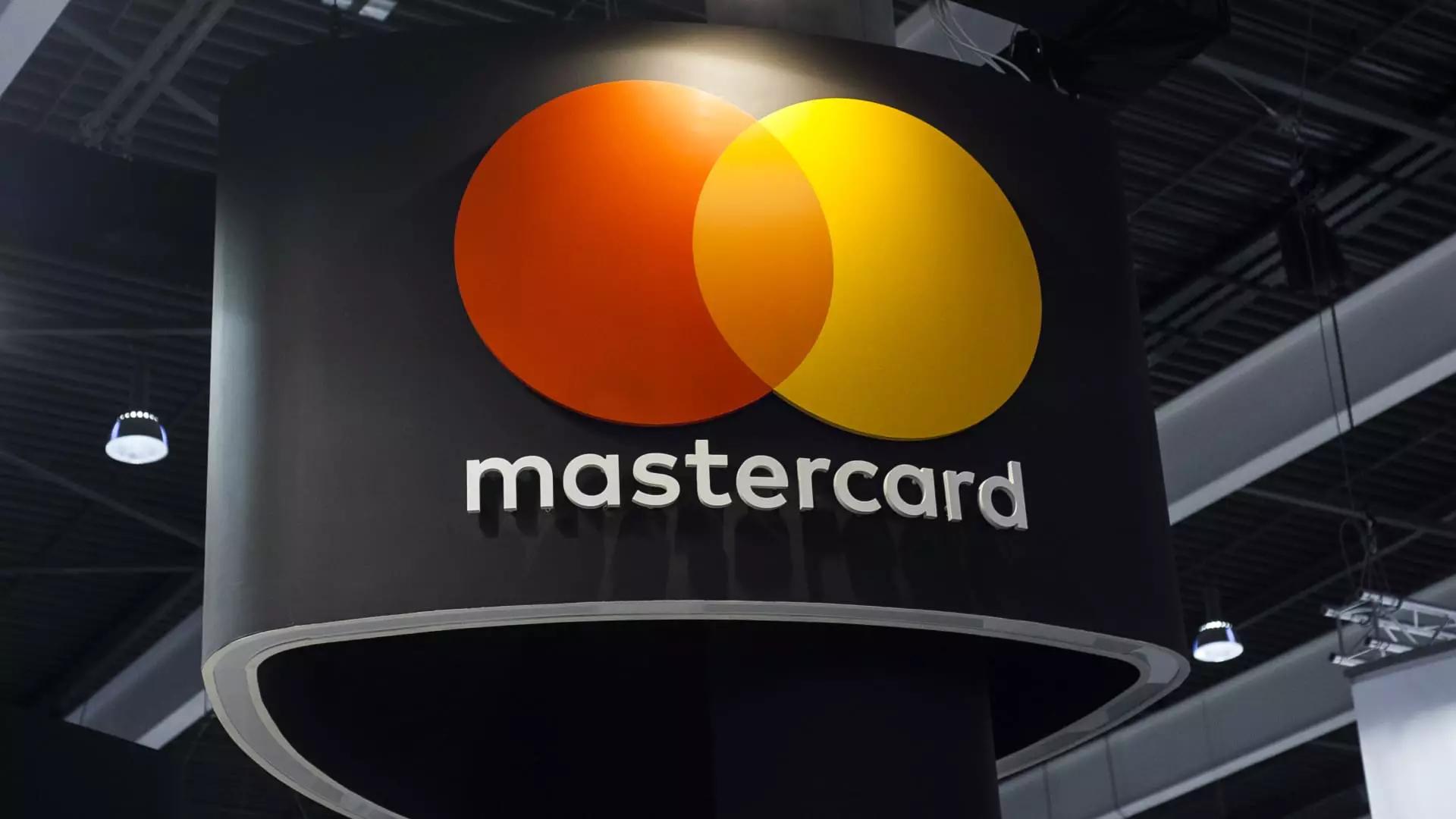In a significant move towards enhancing its technology services, Mastercard has announced its decision to acquire Minna Technologies, a Swedish software firm specializing in subscription management solutions. This acquisition highlights the growing trend of payment giants, such as Mastercard and Visa, transitioning from traditional credit and debit card offerings to a broader digital payment ecosystem. As consumers increasingly juggle a multitude of subscription services, this development could have far-reaching implications for how financial institutions position themselves in an evolving marketplace.
As the proliferation of subscription-based services continues, consumers are often left to manage multiple payments and renewal dates for platforms like Netflix, Amazon Prime, and Disney+. According to data from Juniper Research, there are currently around 6.8 billion subscriptions worldwide, with projections indicating growth to 9.3 billion by 2028. This rapid increase underscores the need for effective tools that allow consumers to oversee and manage their subscriptions seamlessly.
The complexities associated with subscribing to numerous services can lead to frustration. Many users lose track of their subscriptions, inadvertently paying for services they no longer use. This predicament not only diminishes customer satisfaction but can also disrupt the merchant-consumer relationship: consumers often turn to their banks to block payments on forgotten subscriptions, creating an unnecessary cycle of dissatisfaction.
The acquisition of Minna Technologies is a strategic component of Mastercard’s broader agenda to fortify its technology services capabilities. Mastercard has recognized that traditional payment card services alone may not be sufficient to retain competitiveness against emerging fintech companies that leverage innovative and consumer-friendly technology. In recent years, the financial services sector has witnessed an influx of fintech startups that offer integrated solutions for budgeting, financial tracking, and payment management, compelling well-established players like Mastercard to diversify their offerings.
This acquisition follows Mastercard’s purchase of Finicity in 2020, a move that allowed third-party companies to access consumer banking data to facilitate payments. Furthermore, Mastercard outlined its plan to tokenize all cards issued on its European network by 2030, introducing biometric authentication as a means to enhance security and user convenience. Such initiatives illustrate Mastercard’s commitment to staying ahead in a rapidly evolving financial landscape.
Minna Technologies brings to the table its expertise in subscription management that aligns with Mastercard’s vision for creating a comprehensive financial ecosystem. With existing partnerships with prominent financial institutions, Minna has established itself as a valuable asset in the realm of subscriptions. Mastercard’s existing relationship with Minna further solidifies this acquisition as a natural progression in their collaboration.
The goal of integrating subscription management technology into their services is to create a centralized hub where consumers can easily oversee their subscriptions—whether through a banking app or a dedicated platform. This capability not only simplifies user experience but also provides merchants with valuable insights into consumer behavior, allowing for better product offerings and customer engagement.
Mastercard’s acquisition of Minna Technologies places it in an advantageous position amidst competitive pressures from rivals such as Visa, which is actively exploring improvements in direct debit capabilities. As consumer preferences shift towards digital payment solutions that offer more convenience and flexibility, both firms must continuously innovate their services to meet these expectations.
The technology landscape in finance is increasingly influenced by the rise of consumer-centric fintech solutions. Companies offering tools for budgeting, automated payment management, and subscription controls are gaining traction, making it imperative for legacy players to adopt similar strategies to preserve market relevance.
Mastercard’s acquisition of Minna Technologies is not merely a buyout; it is a strategic maneuver that demonstrates the company’s commitment to evolving in a competitive and technology-driven marketplace. As subscriptions become an enduring part of consumer life, effective management tools will be essential for seamless financial experiences. This acquisition signifies a shift towards technologies that empower consumers to take control of their financial commitments while simultaneously enabling merchants to maintain healthy relationships with their customers.
In this dynamic landscape, the ongoing evolution of payment solutions will ultimately define the success of financial service providers. Mastercard’s proactive approach in this acquisition is a testament to its desire to lead in redefining what consumer financial management looks like in the increasingly subscription-driven economy. As the landscape continues to shift, how well financial institutions adapt and innovate will determine their future success and relevance in the rapidly changing world of payments and management technologies.


Leave a Reply